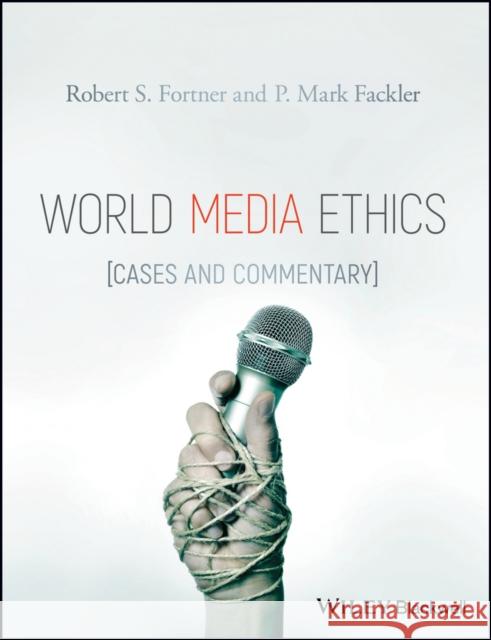World Media Ethics: Cases and Commentary » książka
topmenu
World Media Ethics: Cases and Commentary
ISBN-13: 9781118990001 / Angielski / Miękka / 2017 / 264 str.
World Media Ethics: Cases and Commentary
ISBN-13: 9781118990001 / Angielski / Miękka / 2017 / 264 str.
cena 313,59
(netto: 298,66 VAT: 5%)
Najniższa cena z 30 dni: 310,39
(netto: 298,66 VAT: 5%)
Najniższa cena z 30 dni: 310,39
Termin realizacji zamówienia:
ok. 30 dni roboczych.
ok. 30 dni roboczych.
Darmowa dostawa!
- Emphasizing the intertwined concepts of freedom of the press and social responsibility, this is the first book to cover media ethics from a truly global perspective. Case studies on hot topics and issues of enduring importance in media studies are introduced and thoroughly analyzed, with particular focus on ones involving social media and public protest
- Written by two global media ethics experts with extensive teaching experience, this work covers the whole spectrum of media, from news, film, and television, to advertising, PR, and digital media
- End-of-chapter exercises, discussion questions, and commentary boxes from a global group of scholars reinforce student learning, engage readers, and offer diverse perspectives
- Emphasizing the intertwined concepts of freedom of the press and social responsibility, this is the first book to cover media ethics from a truly global perspective.











